“There is a valid reason social media is linked to depression and loneliness. We live in a time when many people spend countless hours a day online strolling through the timeline of others with envy, regret, and little appreciation for their own life.” –Germany Kent
Introduction
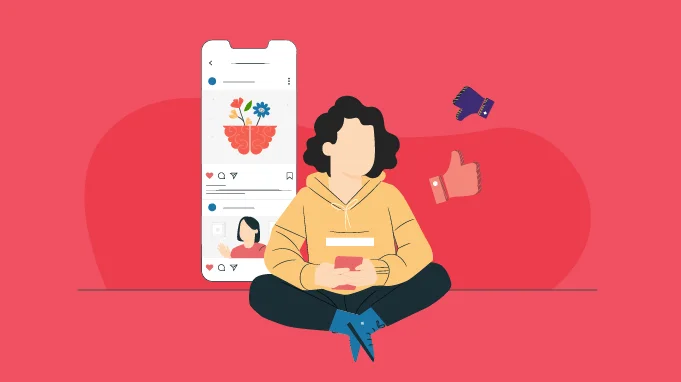
In the 21st century, the digital revolution has brought about unprecedented changes in the way we communicate, connect, and share information. One of the most significant aspects of this revolution is the rise of social media platforms, which have become an integral part of daily life for people of all ages, including children. While social media offers numerous benefits, its impact on the mental health of kids has raised concerns among parents, educators, and mental health professionals.
This article explores the effects of social media on the mental well-being of children, examining both the positive and negative aspects of their online experiences.
Recommended Blog: Data Privacy and Social Media: How to Be Safe and Have Fun For Kids
The Positive Side: Connectivity and Learning
Social media provides children with opportunities to connect with their peers, share experiences, and broaden their social circles. Platforms like Facebook, Instagram, and Snapchat enable kids to stay in touch with friends, even if they are physically distant. Additionally, social media serves as a valuable tool for learning and information dissemination. Children can access educational content, engage in discussions, and collaborate on projects, enhancing their knowledge and skills.
Recommended Reading: Pros and Cons of Social Media – A Guide for Kids
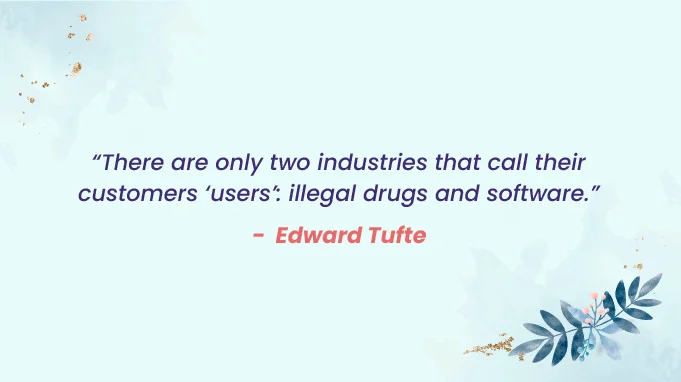
Moreover, social media platforms can be empowering for children, giving them a platform to express their creativity, showcase talents, and build a positive online presence. This sense of recognition and validation from their peers can contribute to improved self-esteem and confidence.
Recommended Reading: Parental Worries in the Age of Social Media: Hear from Alok Jain, CEO of Moonpreneur
The Dark Side: Cyberbullying and Social Comparison
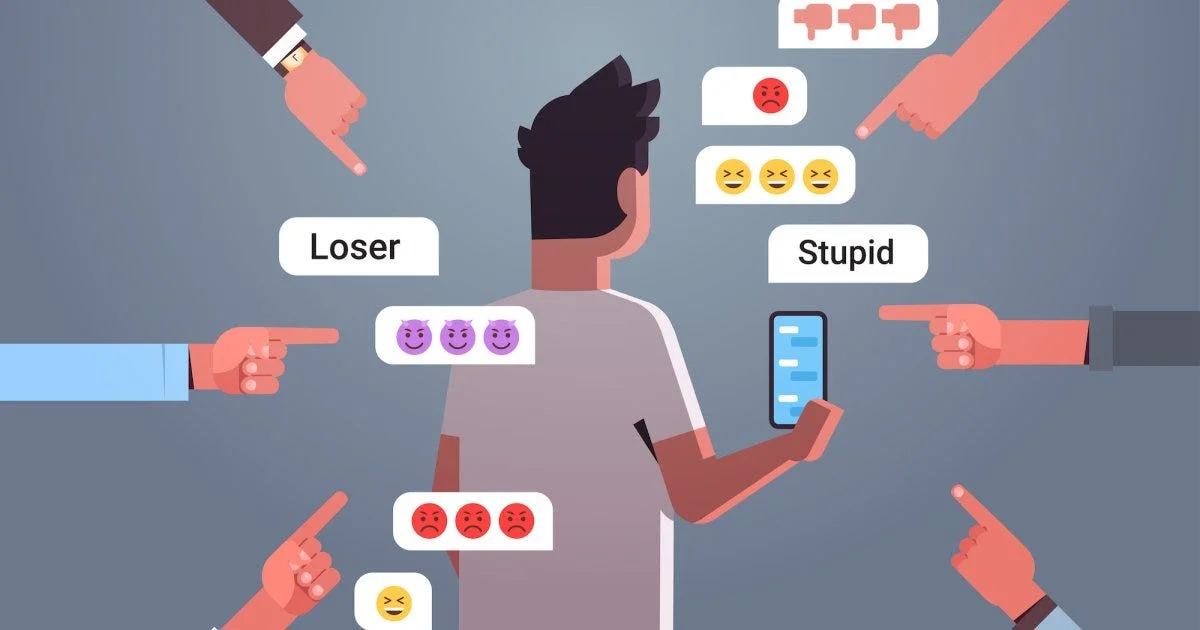
Despite the positive aspects, the negative effects of social media on the mental health of children cannot be ignored. One of the most pressing concerns is cyberbullying, a form of harassment that occurs online. Children may face bullying, harassment, or exclusion on social media platforms, leading to anxiety, depression, and other mental health issues.
Another detrimental aspect is the culture of social comparison that social media fosters. Children often compare themselves to their peers based on the curated content shared on these platforms, leading to feelings of inadequacy, low self-esteem, and body image issues. The constant exposure to idealized representations of others’ lives can create unrealistic standards, leaving children feeling left out or less successful.
Sleep Disruption and Addiction
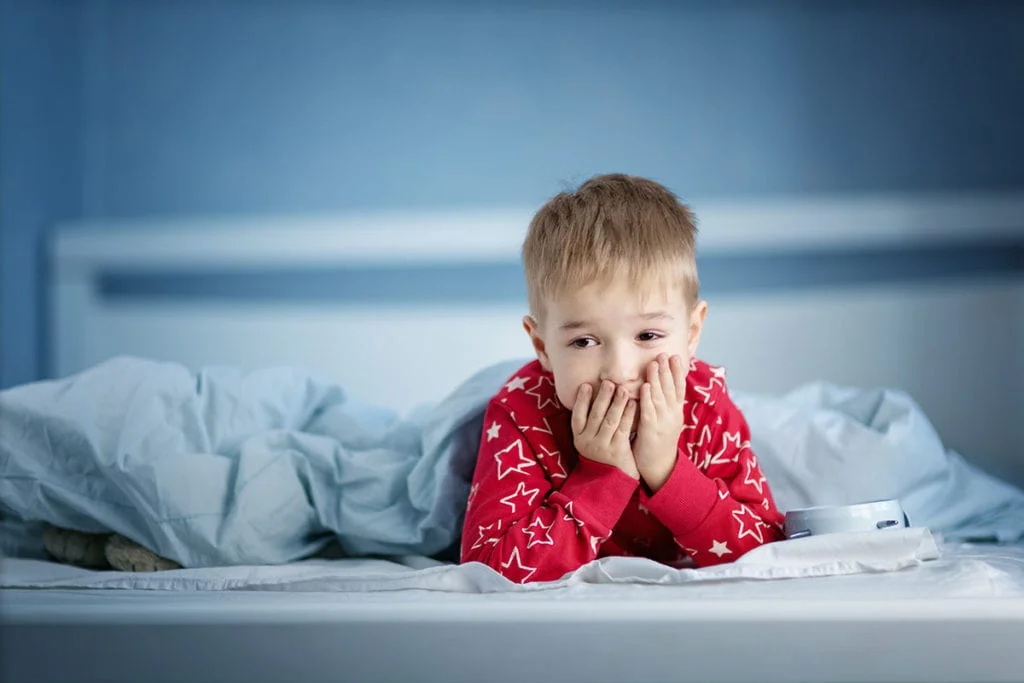
The addictive nature of social media, with its endless scrolling and notifications, can have a profound impact on children’s sleep patterns. The constant stimulation from screens can interfere with sleep quality and quantity, leading to fatigue, irritability, and difficulty concentrating in school. Sleep disruption, in turn, has been linked to various mental health issues, including anxiety and depression.
Moreover, the compulsive use of social media can develop into a form of addiction. The fear of missing out (FOMO) can drive children to spend excessive amounts of time on these platforms, neglecting real-life activities, hobbies, and face-to-face interactions. This addiction can contribute to a sense of isolation, further impacting mental health.
Addressing the Concerns: Parental Guidance and Digital Literacy
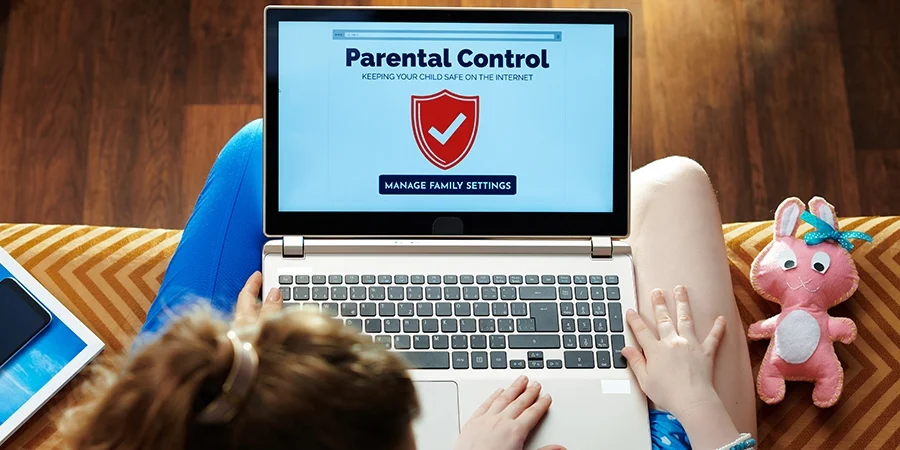
To mitigate the negative effects of social media on the mental health of children, it is essential for parents, educators, and policymakers to take proactive measures. Open communication between parents and children regarding online activities is crucial. Parents should educate their children about the potential risks of social media, including cyberbullying and the impact of social comparison.
Additionally, promoting digital literacy is key to helping children navigate the online world responsibly. Teaching them critical thinking skills, media literacy, and responsible online behavior can empower children to make informed decisions about their online interactions and content consumption.
Establishing healthy boundaries around screen time is another crucial aspect. Encouraging a balance between online and offline activities, setting limits on screen time, and promoting outdoor play and other non-digital pursuits can contribute to a more well-rounded and mentally healthy childhood.
Schools also play a vital role in addressing these concerns. Integrating digital literacy education into the curriculum can equip students with the skills needed to navigate the online world safely and responsibly.
Certainly! Social media isn’t just about connecting with friends; it’s also a useful place to find helpful information and content about mental health. This information comes from trusted organizations, experts, or individuals who share their personal experiences with mental health issues. Many girls, especially those with moderate or severe depressive symptoms, find valuable mental health resources on platforms like TikTok, Instagram, YouTube, and Snapchat. For example, about 78% of girls using TikTok, 80% on Instagram, 74% on YouTube, and 73% on Snapchat say they discover useful mental health content or resources at least once a month.
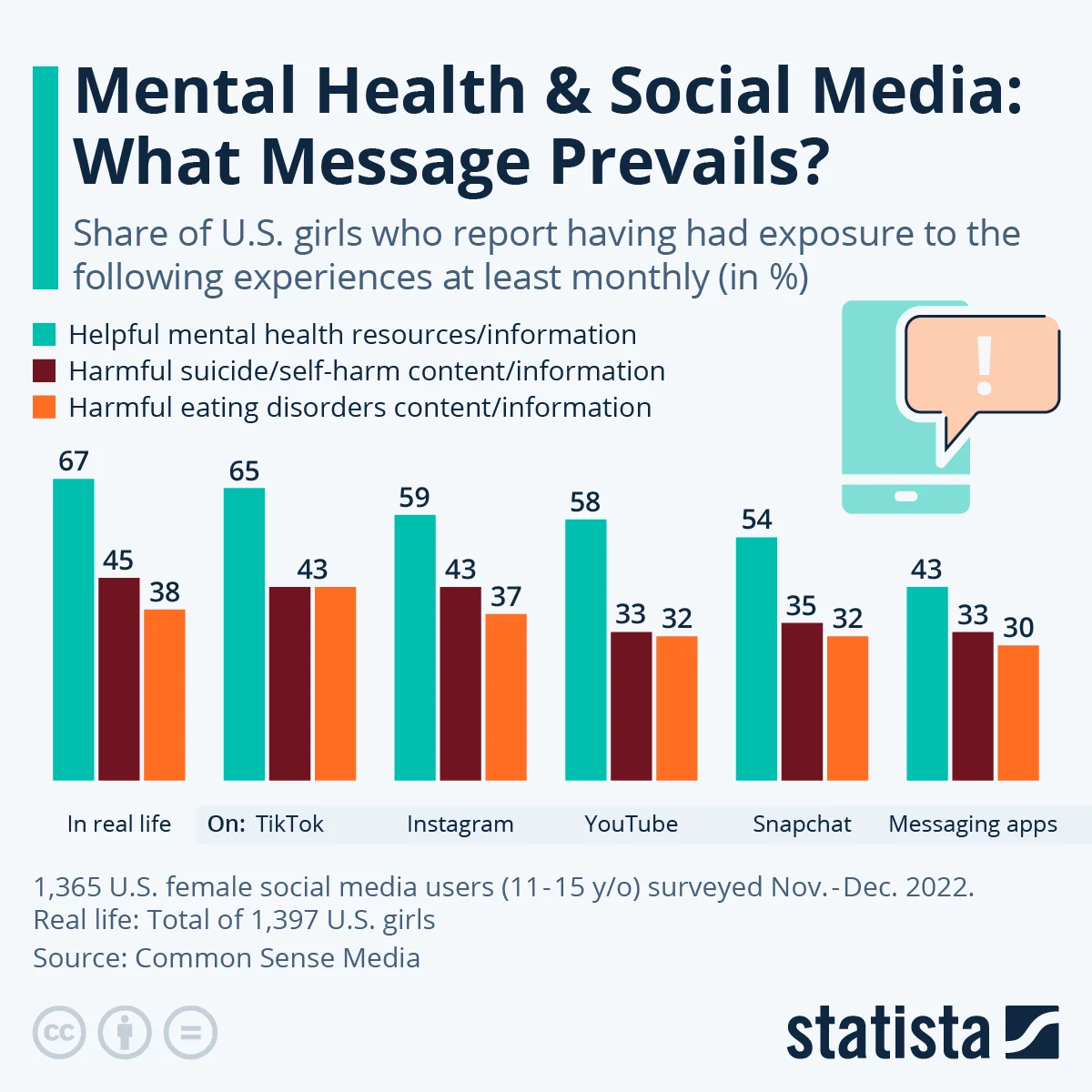
Conclusion
Social media has become an integral part of children’s lives, shaping their social interactions, self-perception, and overall well-being. While there are undeniable benefits, such as connectivity and learning opportunities, the negative impact on mental health cannot be overlooked. Cyberbullying, social comparison, sleep disruption, and addiction are among the challenges that children may face in the digital age.
It is imperative for parents, educators, and society at large to work collaboratively to mitigate these risks. Open communication, digital literacy education, and the establishment of healthy boundaries around screen time are essential components of a comprehensive strategy to promote the mental health and well-being of children in the digital era. By fostering a positive and responsible online environment, we can help children reap the benefits of social media while minimizing its potential harm.
Looking for a comprehensive parenting guide to ensure you are on the right track? Explore a wealth of parenting wisdom and educational insights in Moonpreneur’s blogs. Additionally, you can join our programs that nurture the next generation of innovators. Book a free trial now!


























As a mother, I’ve observed the duality of social media firsthand—though it’s a powerful space for creativity and connection, it also brings challenges, especially for younger generations. My daughter, who loves crafting and sharing her projects online, often faces pressure to create ‘perfect’ pieces for likes and follows, impacting her self-esteem. Striking a balance is key, and perhaps teaching kids about mindful usage early can make a difference.
Social media can indeed serve as an educational platform for kids, offering informative content, helpful ads, and resources that spark their curiosity and broaden their knowledge. However, ensuring they receive the right guidance on responsible usage is essential. By setting boundaries and discussing what’s helpful versus what’s distracting, we can help them make the most of social media’s positive aspects while staying aware of the potential downsides.